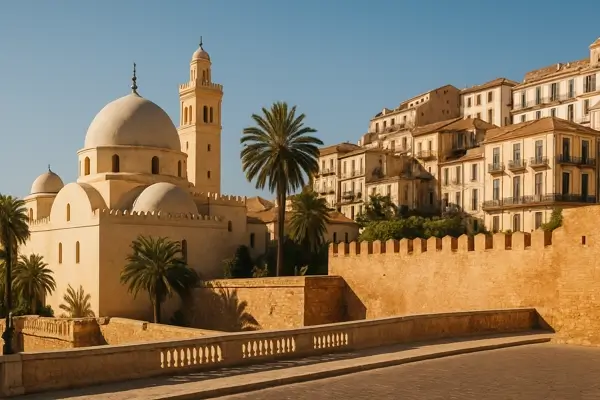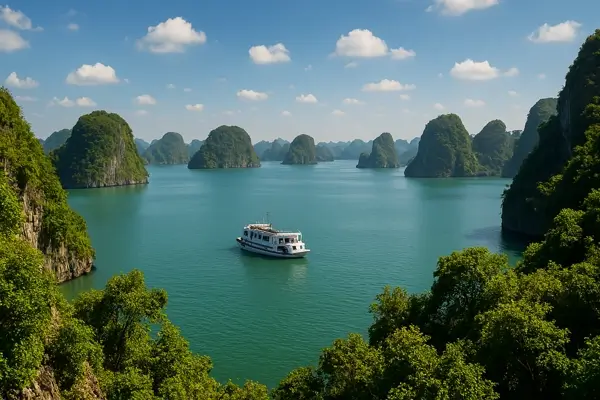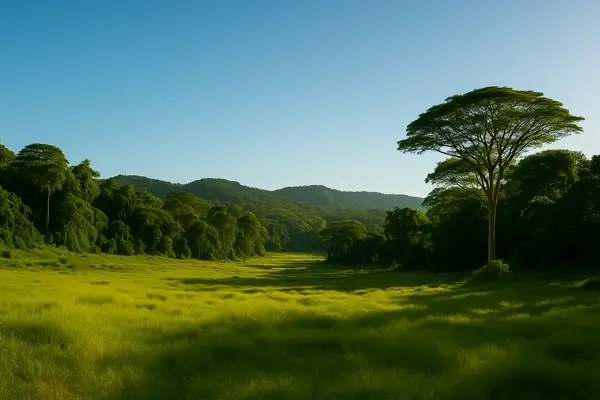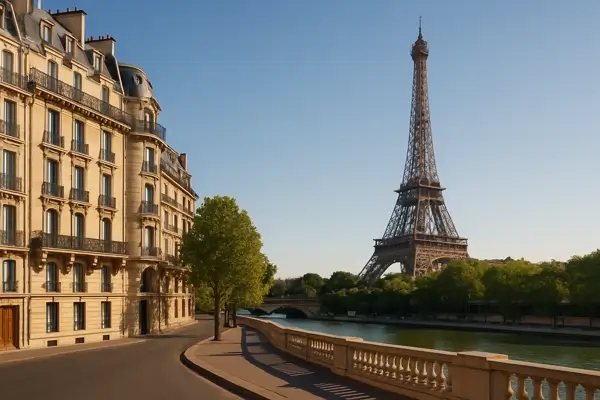
The Largest Country in Africa
Algeria is the largest country in Africa by land area, covering approximately 2.38 million square kilometers (919,595 square miles). It is the 10th largest country in the world and is located in North Africa, bordering the Mediterranean Sea, Tunisia, Libya, Niger, Mali, Mauritania, Western Sahara, and Morocco.
Rich in Natural Resources
Algeria is one of the world’s largest producers of oil and natural gas, and its economy heavily depends on these resources. The country is a major exporter of hydrocarbons, particularly natural gas, which accounts for a significant portion of its GDP. Algeria also has vast mineral resources, including iron ore, phosphates, and uranium.
A Diverse Landscape
Algeria is known for its diverse geography, which includes the Sahara Desert, the Atlas Mountains, and Mediterranean coastal plains. The Sahara, which covers more than four-fifths of the country, is the largest hot desert in the world. Algeria also has fertile land in the northern regions, where agriculture is prominent.
The Sahara Desert
The Sahara Desert is one of Algeria’s most iconic features, and it covers about 80% of the country’s land area. Despite its arid environment, the Sahara is home to several unique species of plants and animals, and it is also a popular tourist destination for those interested in desert exploration and adventure.
A History of Ancient Civilizations
Algeria has a rich history, with evidence of ancient civilizations dating back thousands of years. It was home to the ancient Berber people, and the region was later colonized by the Phoenicians, Romans, and Byzantines. The Roman ruins in cities such as Timgad and Djemila are UNESCO World Heritage sites and offer a glimpse into Algeria’s historical significance.
The Battle of Algiers
The Battle of Algiers, which took place in the 1950s, was a key moment in Algeria’s fight for independence from France. The brutal urban warfare between the National Liberation Front (FLN) and the French military became a symbol of resistance and is often cited in studies of counterinsurgency and guerrilla warfare.
Independence from France
Algeria gained its independence from France in 1962 after a long and bloody war of independence that lasted from 1954 to 1962. The war was marked by violence and atrocities committed by both sides and is a defining event in the country’s modern history. Independence is celebrated annually on July 5, which is Algeria’s National Day.
Algiers – The Capital City
Algiers, the capital of Algeria, is known for its stunning Mediterranean coastline and French colonial architecture. The city is often referred to as "Algiers the White" because of the white buildings that line its hillsides. It has a rich cultural and historical heritage, with influences from Arab, Berber, and French cultures.
Berber Culture and Language
The Berbers, an indigenous group of North Africa, have lived in Algeria for thousands of years. Today, Berber culture and language (Tamazight) are an important part of Algeria’s national identity. In recent years, there has been a growing movement to preserve the Berber language and culture, and Tamazight was made an official language of Algeria in 2002.
Famous for its Cuisine
Algerian cuisine is a mix of Mediterranean, Arab, and Berber influences. Traditional dishes include couscous, tajine, and mechoui (roast lamb). The country is also known for its delicious pastries, such as baklava and makroud, and its rich, flavorful stews and soups, such as chorba and harira.
A Wealth of Cultural Heritage
Algeria has a diverse cultural heritage, with influences from Berber, Arab, Ottoman, and French traditions. The country has a thriving arts scene, with contributions to literature, music, and film. Algerian music, especially the traditional chaâbi and rai genres, is widely enjoyed, and the country’s film industry has produced several internationally recognized films.
Tassili n'Ajjer
The Tassili n'Ajjer National Park, located in southeastern Algeria, is a UNESCO World Heritage site known for its prehistoric rock art. The park contains over 15,000 years of cave paintings, depicting animals, human figures, and scenes of daily life. It provides important insight into the life of early humans and their relationship with nature.
Algerian Football
Football (soccer) is the most popular sport in Algeria, and the country has a strong footballing tradition. The Algerian national team, known as the "Desert Foxes," has achieved success on the international stage, including winning the Africa Cup of Nations in 1990 and 2019. The team’s victories have united the country and contributed to national pride.
The Mediterranean Climate
Algeria has a Mediterranean climate along its coastal regions, characterized by mild, wet winters and hot, dry summers. The country’s northern regions, with fertile plains and rolling hills, are well-suited for agriculture, while the southern regions, dominated by the Sahara, are arid and sparsely populated.
Cultural Festivals
Algeria is home to a variety of cultural festivals that celebrate its rich heritage. The Festival of Rai Music in Oran celebrates the country’s popular music genre, while the International Film Festival of Algiers highlights Algerian and international cinema. These festivals attract artists, filmmakers, and musicians from around the world and are an important part of the country’s cultural scene.



